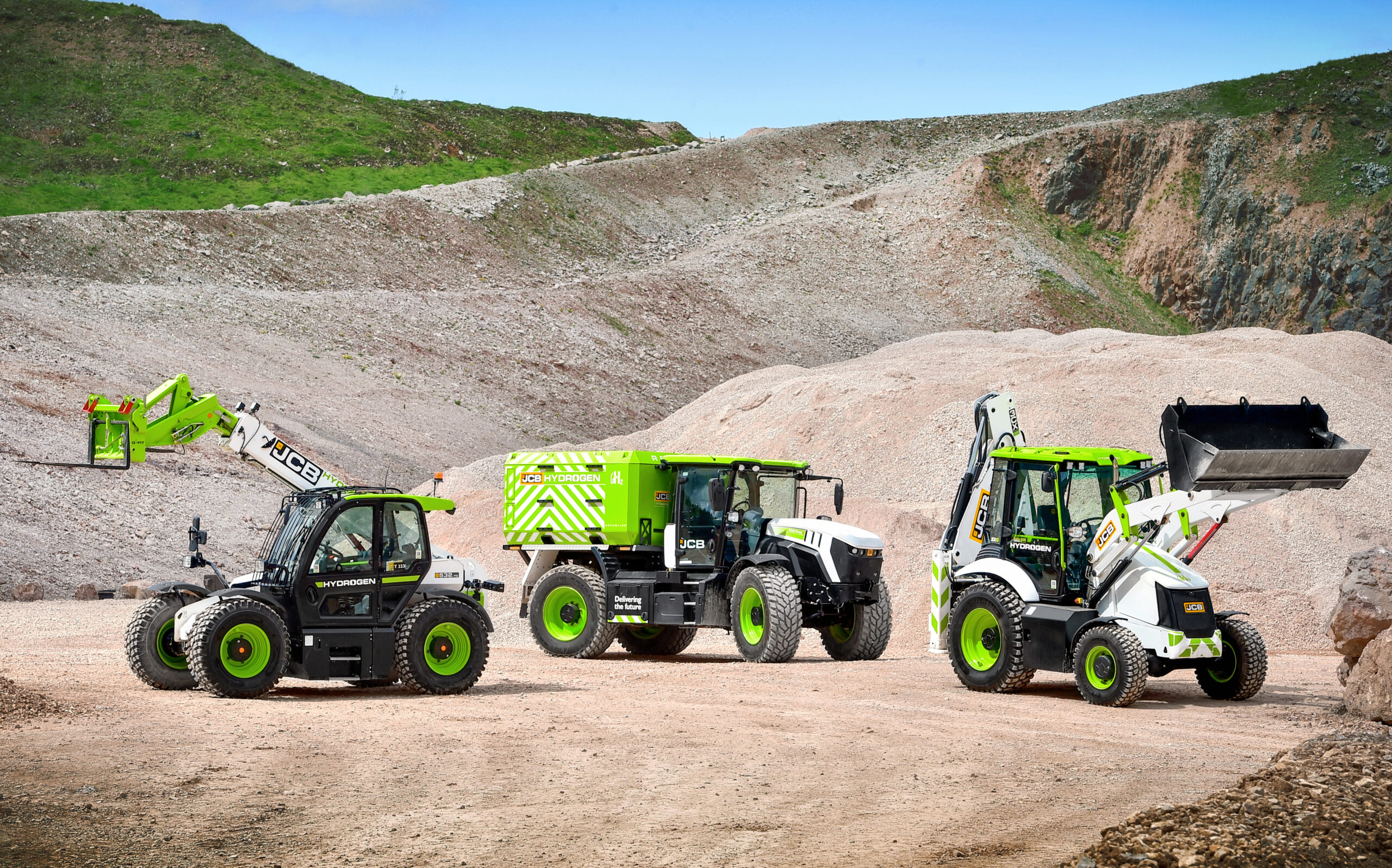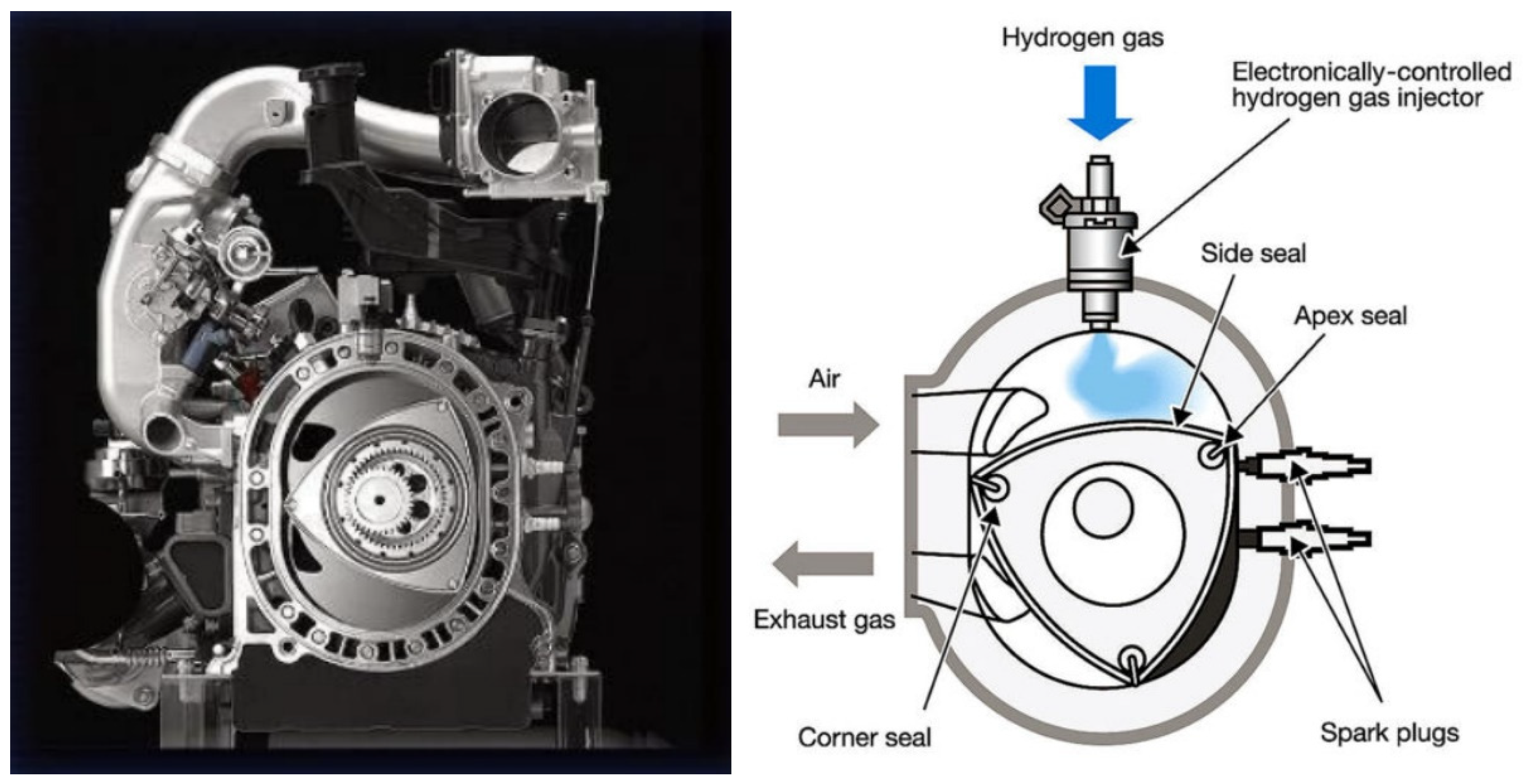As industries worldwide strive to adopt greener alternatives, JCB has stepped up with its innovative hydrogen-powered engines, designed to deliver high performance without compromising the environment. These engines are not just a step forward in clean energy but a giant leap toward a sustainable future. With their ability to power heavy machinery and equipment, JCB hydrogen engines are setting new benchmarks in the construction and agricultural sectors.
The growing demand for eco-friendly solutions has pushed companies like JCB to rethink traditional energy sources. Hydrogen, as a fuel, offers immense potential due to its zero-emission properties and high energy density. JCB hydrogen engines are engineered to harness this potential, providing a reliable and efficient alternative to diesel-powered machinery. This shift not only aligns with global environmental goals but also addresses the pressing need for cleaner industrial operations. As businesses and governments prioritize sustainability, JCB’s hydrogen engines are emerging as a key player in the transition to green energy.
What sets JCB hydrogen engines apart is their seamless integration into existing machinery frameworks. Unlike other alternative fuels, hydrogen engines require minimal modifications to current equipment, making them a practical choice for industries looking to adopt sustainable practices without significant disruptions. With JCB leading the charge, the future of hydrogen-powered machinery looks promising, offering a cleaner, greener, and more efficient way to power the world.
Read also:Exploring The Vibrant Neighborhood Of Ft Lauderdale Milton A Hidden Gem In South Florida
- What Are JCB Hydrogen Engines?
- How Do JCB Hydrogen Engines Work?
- Why Are JCB Hydrogen Engines Important?
- What Are the Benefits of JCB Hydrogen Engines?
- Challenges Facing JCB Hydrogen Engines
- How Can JCB Hydrogen Engines Transform Industries?
- What Is the Future of JCB Hydrogen Engines?
- JCB Hydrogen Engines and Global Sustainability Goals
- How to Adopt JCB Hydrogen Engines
- Conclusion: The Road Ahead for JCB Hydrogen Engines
What Are JCB Hydrogen Engines?
JCB hydrogen engines are a revolutionary development in the field of clean energy, designed to replace traditional fossil fuel-powered engines with a sustainable alternative. These engines utilize hydrogen as a fuel source, which, when combusted, produces only water vapor as a byproduct. This makes them an ideal choice for industries seeking to reduce their carbon footprint while maintaining operational efficiency. JCB has invested heavily in research and development to ensure that their hydrogen engines meet the rigorous demands of heavy machinery, such as excavators, loaders, and agricultural equipment.
How Do JCB Hydrogen Engines Work?
Understanding the mechanics behind JCB hydrogen engines is key to appreciating their innovation. These engines operate on the principle of hydrogen combustion, where hydrogen gas is injected into the engine's combustion chamber and ignited to produce energy. Unlike electric batteries, which require lengthy charging times, hydrogen engines can be refueled quickly, making them a practical solution for industries that rely on continuous operation. JCB has optimized the combustion process to ensure maximum efficiency and minimal waste, setting a new standard for clean energy technology.
What Are the Benefits of JCB Hydrogen Engines?
JCB hydrogen engines offer a wide range of benefits that make them an attractive option for businesses and governments alike. Some of the key advantages include:
- Zero Emissions: Hydrogen combustion produces only water vapor, making these engines environmentally friendly.
- High Efficiency: JCB hydrogen engines deliver the same power and performance as traditional engines, ensuring no compromise in productivity.
- Quick Refueling: Unlike electric alternatives, hydrogen engines can be refueled in minutes, reducing downtime.
- Versatility: These engines can be adapted to a variety of machinery, from construction equipment to agricultural vehicles.
Why Are JCB Hydrogen Engines Important?
The importance of JCB hydrogen engines cannot be overstated in today's world, where environmental concerns are at the forefront of global discussions. These engines provide a viable solution to the growing demand for sustainable energy sources, particularly in industries that have traditionally relied on fossil fuels. By adopting JCB hydrogen engines, businesses can significantly reduce their carbon emissions, contributing to global efforts to combat climate change. Furthermore, these engines align with government regulations and sustainability goals, making them a smart choice for future-proofing operations.
Challenges Facing JCB Hydrogen Engines
While JCB hydrogen engines offer numerous benefits, they are not without challenges. One of the primary obstacles is the lack of infrastructure for hydrogen production and distribution. Currently, hydrogen fueling stations are limited, which can hinder widespread adoption. Additionally, the cost of producing hydrogen fuel remains relatively high, although advancements in technology are gradually reducing these expenses. Despite these challenges, JCB is committed to overcoming these hurdles and making hydrogen engines accessible to industries worldwide.
How Can JCB Hydrogen Engines Transform Industries?
The potential for JCB hydrogen engines to transform industries is immense. By replacing diesel-powered machinery with hydrogen engines, industries such as construction, agriculture, and logistics can achieve significant reductions in their environmental impact. This shift not only benefits the planet but also enhances the reputation of businesses as environmentally responsible entities. Moreover, the adoption of JCB hydrogen engines can lead to long-term cost savings, as hydrogen fuel becomes more affordable and accessible over time.
Read also:Everything You Need To Know About Dmv Stewartstown Pa Services Tips And Faqs
What Is the Future of JCB Hydrogen Engines?
The future of JCB hydrogen engines looks incredibly promising, with the potential to become a cornerstone of sustainable industrial operations. As governments and organizations worldwide prioritize green energy initiatives, the demand for hydrogen-powered solutions is expected to grow exponentially. JCB is at the forefront of this movement, continuously innovating and improving its hydrogen engine technology. With ongoing research and development, JCB hydrogen engines are likely to become even more efficient, affordable, and accessible in the coming years.
JCB Hydrogen Engines and Global Sustainability Goals
JCB hydrogen engines play a crucial role in achieving global sustainability goals, such as the Paris Agreement and the United Nations Sustainable Development Goals (SDGs). By reducing carbon emissions and promoting clean energy, these engines contribute to a healthier planet and a more sustainable future. Industries that adopt JCB hydrogen engines are not only meeting regulatory requirements but also demonstrating their commitment to environmental stewardship.
How to Adopt JCB Hydrogen Engines
Adopting JCB hydrogen engines requires careful planning and consideration. Businesses should assess their current machinery and determine which equipment can be upgraded to hydrogen-powered alternatives. Partnering with JCB and other industry leaders can provide valuable insights and support during the transition process. Additionally, investing in hydrogen fueling infrastructure is essential to ensure a smooth and efficient adoption of these engines.
Conclusion: The Road Ahead for JCB Hydrogen Engines
JCB hydrogen engines represent a significant step forward in the quest for sustainable energy solutions. With their zero-emission properties, high efficiency, and versatility, these engines are poised to revolutionize industries worldwide. While challenges remain, the commitment of JCB and other stakeholders ensures that hydrogen-powered technology will continue to evolve and improve. As businesses and governments embrace this innovative solution, JCB hydrogen engines will undoubtedly play a pivotal role in shaping a cleaner, greener future for generations to come.

